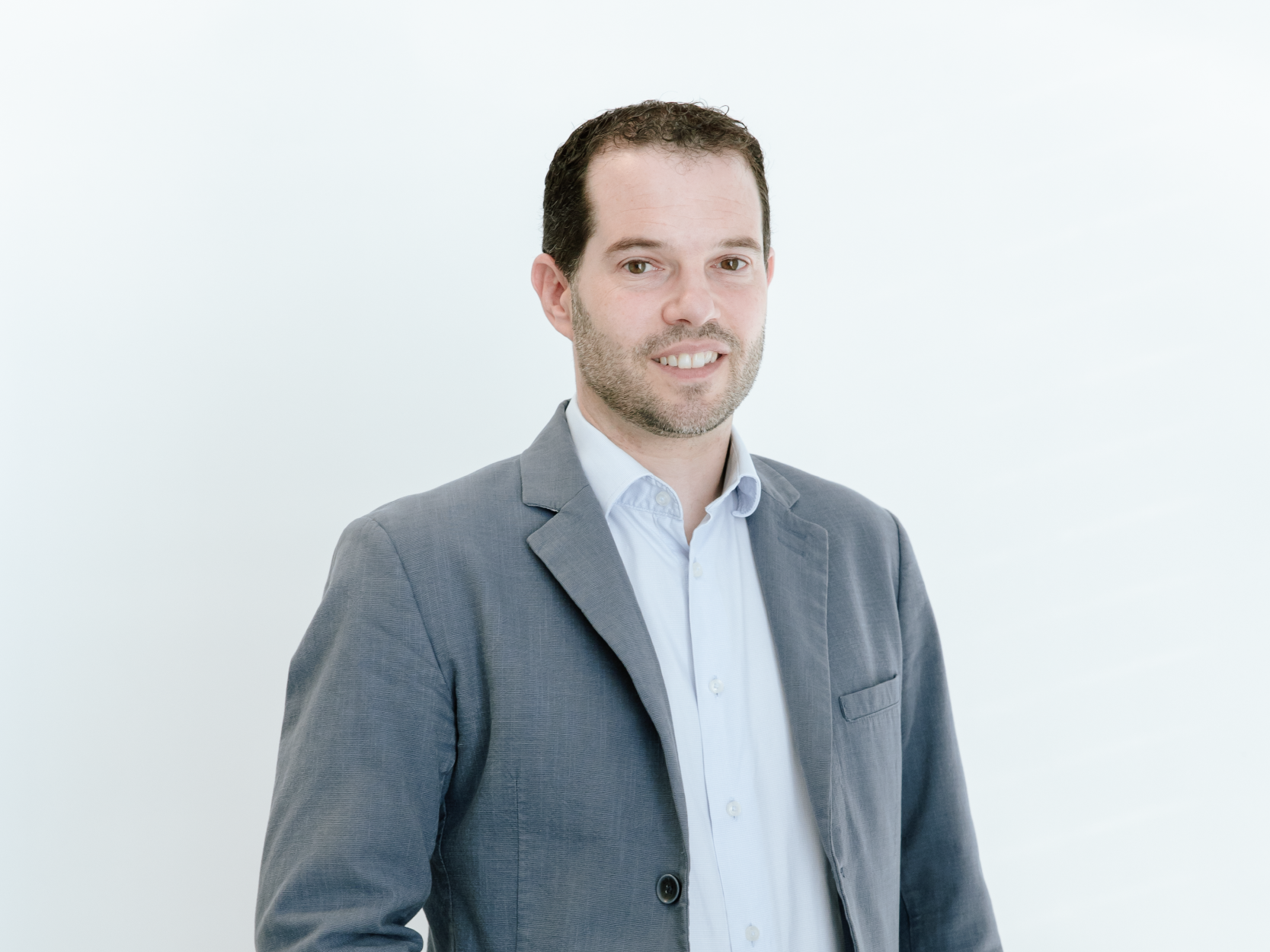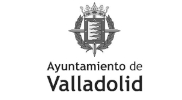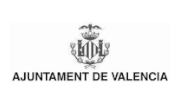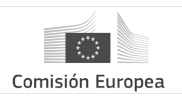Smart Cities
Urban planning

RESEARCH AREAS
Smart Cities
Description
In the Smart Cities Area we support local authorities to plan the energy transition towards the decarbonisation of cities, facing medium and large time horizons (2030, 2050) through the analysis of complex energy scenarios. We deploy capacity building strategies, in order to promote the maintenance of this capacity in the local environment.
We also develop high-value services in urban platforms, based on open specifications and making decisions through the analysis of large amounts of information with advanced machine learning and Big Data techniques.
Moreover, we develop and support the reporting and evaluation of the effectiveness of the Sustainable Energy and Climate Action Plan (SECAP) and the Sustainable Urban Mobility Plan (SUMP) for Municipalities.
Research lines
- Research over urban platforms based in open specifications including support decision-making systems.
- Research and development of urban indicators systems.
- Development of methodologies and tools for the design of urban transformation strategies in cities.
- Research in new governance methods.
Networks and Platforms
- BDVA: Big Data Value Association.
- ECTP: European Construction Technology Platform.
- EIP-Smart Cities and Communities: EIP on Smart Cities and Communities.
Publications
- Hernández, J. L., Corredera, Á., García, R., Sanz, C., & Sanz, R. (2017, July). Low cost monitoring network for smart cities. In 2017 IEEE Workshop on Environmental, Energy, and Structural Monitoring Systems (EESMS) (pp. 1-5). IEEE.
- García-Fuentes, M. A., Pujols, C., García-Pajares, R., Vasallo, A., & Martín, A. (2013). Metodología de Rehabilitación Energética hacia Distritos Residenciales de Energía Casi Nula. Aplicación al Barrio del Cuatro de Marzo (Valladolid).
- García-Fuentes, M. A., Pujols, C., & García-Pajares, R. (2014, October). Residential areas retrofitting towards nearly Zero Energy Districts (nZED). A case study: Valladolid-Cuatro de Marzo. In Proceedings of the World Sustainable Buildings 2014 Conference, Barcelona, Spain (pp. 28-30).
- García-Fuentes, M., García-Pajares, R., Sanz, C., & Meiss, A. (2018). Novel Design Support Methodology Based on a Multi-Criteria Decision Analysis Approach for Energy Efficient District Retrofitting Projects. Energies, 11(9), 2368.
- Hernández, J. L., García, R., Fischer, M., Schonowski, J., Atlan, D., & Ruohomäki, T. (2019, June). An interoperable Open Specifications Framework for Smart City urban platforms. In 2019 Global IoT Summit (GIoTS) (pp. 1-7). IEEE.
- Vallejo, E., Criado, C., Arrizabalaga, E., & Vasallo, B. (2018). Urban Renovation at District Level: Cityfied Methodology. In Building and Management International Conference (BIMIC 2018). Proceedings.
- Hernández, J. L., Macía, A., Vasallo, A., Vallejo, E., Zubia, C., & Criado, C. (2017, November). Application of a KPI-Driven Protocol for Sustainability Assessment. In Multidisciplinary Digital Publishing Institute Proceedings (Vol. 1, No. 7, p. 698).
- Criado, C., Vallejo, E., Arrizabalaga, E., Vasallo, A., & García-Fuentes, M. Á. (2018). KPI-Driven Methodology for Urban Renovation at District Level. Sustainable Strategic Urban Planning. In Multidisciplinary Digital Publishing Institute Proceedings (Vol. 1, No. 7, p. 1114).
- Vasallo, A., Vallejo, E., Massa, G., Macía, A., Pablos, L., Criado, C., … & Larrinaga, F. (2019, June). The District Energy-Efficient Retrofitting of Torrelago (Laguna de Duero–Spain). In IOP Conference Series: Earth and Environmental Science (Vol. 290, No. 1, p. 012138). IOP Publishing.
- Hernández, J.L., García, R., Fischer, M., Schonowski, J., Atlan, D., Ruohomäki, T., “An interoperable Open Specifications Framework for Smart City urban platforms,” 2019 Global IoT Summit (GIoTS), Aarhus, Denmark, 2019, pp. 1-7,doi: 10.1109/GIOTS.2019.8766396.
- Mulero, S., Hernández, J.L., Vicente, J., Sáez, P., Larrinaga, F., “Planificador basado en datos de los recursos energéticos en un modelo de ciudad inteligente”, V Congress on Smart Buildings, Madrid, Spain, 26 June 2019.
- Hernández, J.L., Corredera, A., García, R., Sanz, C., Sanz, R., “A low-cost IoT monitoring system for Smart districts”, Global IoT Summit (IoT week) GIoTS 2018, Bilbao, Spain, 4-8 June 2018.
- Hernández, J.L.; Corredera, A.; García, R.; Sanz, C.;Sanz, R., “Low cost monitoring network for Smart Cities “, IEEE Workshop on Environmental, Energy and Structural Monitoring Systems (EESMS 2017), Milano, Italy, 24-25 July 2017.
- Hernández, J.L., Macía, A., Vasallo, A., Vallejo, E., Zubia, C., Criado, C., “Application of a KPI-driven protocol for sustainability assessment”, Sustainable Places, Middlesbrough (UK), 28-30 June 2017.
- Hernández, J.L., Macía, A., Vallejo, E., Pablos, L., Vasallo, A., Zubia, C., Criado, C., “Metodología holística para la evaluación de la sostenibilidad en ciudades inteligentes”, III Congreso Ciudades Inteligentes, Madrid, 26-27 April 2017.
- Hernández, J.L., Corredera, A., García, R., Sanz, R., Sanz, C., “Procedimiento de monitorización de bajo coste para ciudades inteligentes”, III Congreso Ciudades Inteligentes, Madrid, 26-27 April 2017.
- Martínez De Aguirre, I., Reguera, D., Larrinaga, F., Arenaza-Nuño, I., Vasallo, A., Hernández, J.L. “Desarrollo de una solución de visualización en el proyecto europeo CITyFiED”, III Congreso Ciudades Inteligentes, Madrid, 26-27 April 2017.
Reference clients:
Team

Ali Vasallo Belver
Head of Energy Division

Rubén García Pajares
Head of Smart Cities Area
Smartcities map
Please accept cookies to access this content
Related projects
SGA2-NZC
NetZeroCities (NZC) project’s main objective is to support cities selected by the European Commission to achieve climate neutrality by 2030, in line with the 100 Climate Neutral and Smart Cities Mission.
MOBILITIES FOR EU
MOBILITIES for EU aims to accelerate the transformation of cities towards climate neutrality through innovative solutions in passenger and freight mobility.
SGA1-NZC
SGA1-NZC has as an objective give support to 100 cities selected to be intelligent and climate neutral by 2030.
ASCEND
ASCEND aims to accelerate the implementation of Positive Clean Energy Districts (PCEDs) for the transformation of cities towards climate neutrality and social justice in Europe. To this end, Ascend will carry out the following measures.
SUPERSHINE
SUPERSHINE project is based on the renvoation of 3 pilot lighthouse districts focusing on the needs of the social housing inhabitants and on social assets generating high social capital and cohesion.
MOVE2CCAM
The project has as main objective to quantify the impact of the massive deployment of autonomous and connected mobility solutions in Europe through the development of a tool based in systems dynamic that will be build as of citizens and organizations perceptions collected in co-creation activities.
NEUTRALPATH
NEUTRALPATH has an objective to demonstrate the deployment of clean and positive energy districts (PCED) designed through participative processes focused on the citizen and that contributes significantly to the transformation of cities towards climate-neutrality at the time horizon 2030.
REHOUSE
REHOUSE project has as main objective the development and demonstration, up to TRL7, of 8 renovation innovative technologies packages, designed for covering a wide range of building renovation actions, allowing overcome the actual barriers that makes the renovation rates in Europe being low.
NetZeroCities
NetZeroCities recognisses the need for cities to develop specific strategies that are tailores to suit local and regional contexts, and will support them by aggregated and co-desgined services and thematic expertise through a one-stop-shop platform accessible to all cities through an online portal (Mission Platform)
ATELIER
ATELIER is a demonstration project whose main objective is the design, implementation and validation of Positive Energy Districts (PEDs) in Amsterdam and Bilbao












